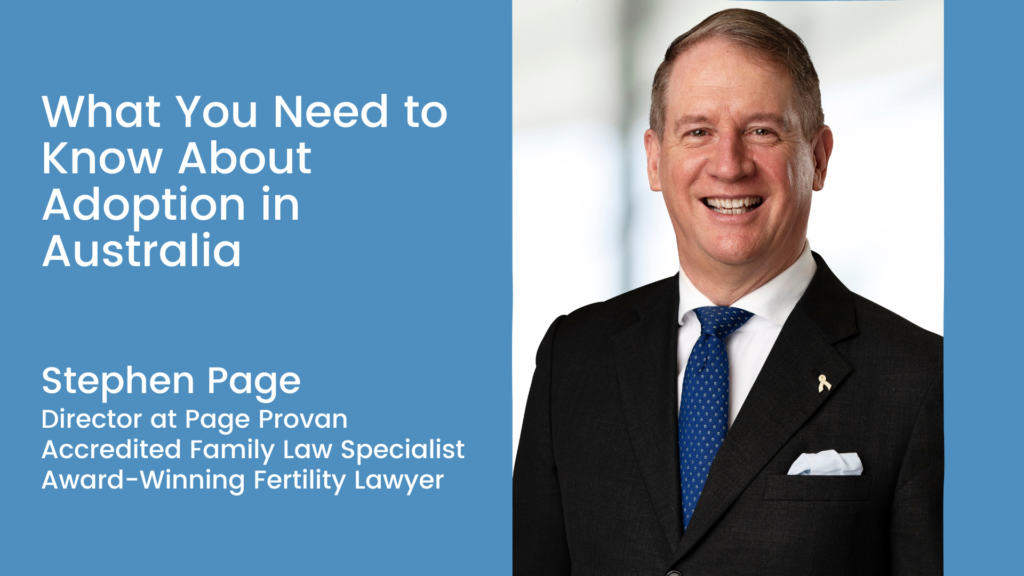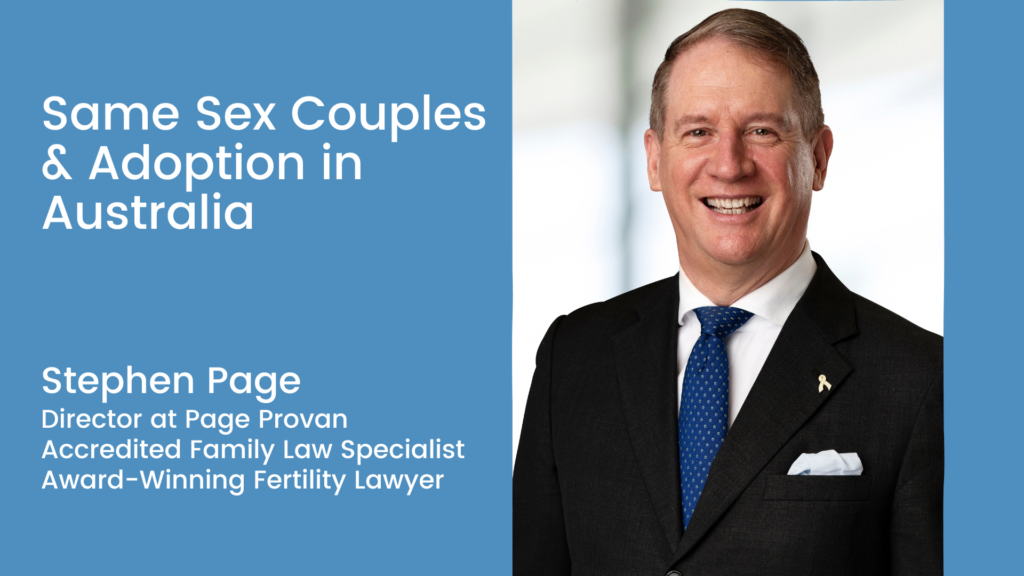NSW surrogacy laws start 1 March
- For the first time, NSW will have a scheme in place to allow parentage orders to be made. There is a misconception that NSW has now legalised altruistic surrogacy. NSW has always allowed altruistic surrogacy, but now there is a requirement, like the ACT and Qld for a surrogacy arrangement to be entered into, compulsory counselling and legal advice before the arrnagement is signed up, and certain steps to be taken after the child is born and handed over before a parentage order can be made.
- NSW will now clearly be banning those from NSW engaging in commercial surrogacy anywhere else in the world. NSW has taken a similar approach to Qld and the ACT, but the reverse of Victoria.
The NSW Attorney-General John Hatzistergos has issued a press release:
The Surrogacy Act 2010 will commence on 1 March 2011.
The Act makes it an offence for NSW residents to enter into commercial surrogacy arrangements overseas. However, regulations to be made under the Act will include an exemption for people who have, before the Act commences on 1 March 2011, entered into a written contract with an overseas clinic or agency for the clinic or agency to arrange a commercial surrogacy. Anything done overseas in connection with such arrangements, whether before or after 1 March 2011, will not be subject to the change in the law. This includes future contracts with the surrogate mother arising out of the original agreement with the clinic or agency.
This exemption recognises that people may have made a significant investment in a commercial surrogacy process before the Act commences and seeks to avoid an unfair disadvantage for people in this position.
However , any person considering entering into in an overseas surrogacy arrangement before 1 March 2011 should also consider the effect of the existing Part 1A of the Crimes Act 1900 (NSW). Part 1A provides that actions done overseas could be an offence under NSW law where they are prohibited by NSW law and where the action would “have an effect” in NSW.
Those affected by the Surrogacy Act 2010 may wish to seek legal advice about its impact on their individual circumstances.
- According to the press release, if they sign up an overseas commercial surrogacy agreement now, they commit an offence in NSW. The legal argument contained in the press release is that if an act is done outside NSW which although not an offence in that other place is an offence in NSW and has an effect in NSW, then it becomes an offence in NSW. Currently it is an offence under the Assisted Reproductive Treatment Act to engage in commercial surrogacy in NSW. If a person were to enter into the commercial surrogacy agreement outside NSW but there is an effect in NSW, such as the payment of money to the overseas jurisdiction, or bringing the child back, then an offence occurs in NSW. If this were the case, why was the press release issued, and why do people need to get legal advice? Itis of course wise for anyone in this position to get legal advice.
- If they don’t sign up before 1 March (and therefore avoid the theoretical risk of being charged), the person will not be eligible to be exempt from being charged after 1 March. In other words, the government is encouraging people to sing up now, while saying that it might be an offence to do so.
- If they sign up now, they do so with the regulations sight unseen. The regulations will not be produced until after the legislation starts next week. The regulations may be proclaimed immediately, or they may take a while. In any case there is no way of judging the regulations as they have not been published.
- The regulations may never be proclaimed. Therefore someone might sign up now and possibly expose themselves to prosecution, but never get the benefits promised in the press release. Essentially, it goes like this. NSW is to have a state election on 26 March. NSW moves into caretaker mode on 4 March, at which time the government will not be proclaiming any regulations, except with the consent of the Opposition and other parties. Unless the regulations are proclaimed by the Governor-in-Council between 1 and 4 March, 2011, they will not be proclaimed until after the election. It will then be up to the new government, almost certainly a coalition government, to decide as to whether it wants to put the regulations in place. it may simply choose not to. Nothing the Labor government has decided on that point is binding.












